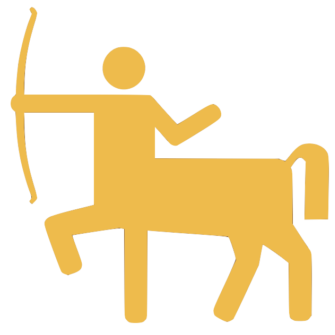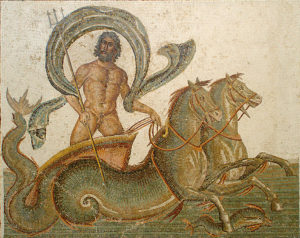Work expands so as to fill the time available for its completion.
In other words, if you wait until the last-minute, it only takes one minute to do¹. The former was the opening sentence to Cyrile Northcote Parkinson’s essay for The Economist in 1955. A British historian and author, Parkinson describes in the context of bureaucracy and with support of mathematical equations, how the number of officials and the quantity of the work to be done are not related to each other at all.
Ever since, other corollaries have emerged for different subjects, including that of general productivity. Even before I had encountered this law, I always felt it were true in the way I scheduled my deadlines. Say I give myself 1 week to do a painting, whether I think I used my time wisely or not, I will end up needing that whole week to complete it. But I would have wasted time doing unnecessary things, even though they were related to it. For example, I would take more time brainstorming and researching a vision, purchasing better brushes, spend more time drafting and ceaselessly making corrections until the deadline. Finally, I would realize that it could have taken 1/4 of the time, had I shortened my task time allowance.
On the flip side, if I had procrastinated until the ‘last minute’, I would still manage to get a great result (I’m not implying that procrastination is a good thing here. And sometimes I do screw myself over). It’s as if the brain knows how much time a task really requires.
Of course there’s a fine line between doing a good job in the bare minimum time, and not having enough time to do a good job. Joe Falconer, a tech and world news editor, offers an exercise to not only test your time projection accuracy, but also to be more efficient and thereby save more time.
- Write out your to do list and assign each task the amount of time you would usually give to complete it. Then, halve it. 1/2
- Treat the tasks as something crucial like you would for your boss – or anyone you’re scared of, or need to kiss ass to.
- If you’re too cool for imaginative games, treat it like a competition with yourself. You must win this game!
- Remember, no shortcuts; if the task is to bake a carrot cake, it better still come with the icing on top.
If you succeed, you have found yourself a more accurate time to accomplish your task. And if you run out of time despite your maximum efforts (think: scary boss, must kiss ass.), then maybe you were spot on with your original guess OR maybe the accurate time falls somewhere between the half point and the original, so you should keep experimenting.
I actually applied this exercise for this very post. I gave it half the time I originally set for. As I feel the pressure, I’m not spending the extra time looking for unneeded extra resources, or finding the absolute perfect image (which probably isn’t anyways). In many cases, the amount of time we give ourselves to perform a task really becomes the time required to complete it. It’s crazy how being mindful of the Parkinson’s law can allow for beneficial productivity modifications. Although… this may all go to trash if one of you tell me I’ve just written the worst post ever. GULP.
Can you relate any personal failures or successes to the Parkinson’s Law ?
¹Stock-Sanford corollary to Parkinson’s law












